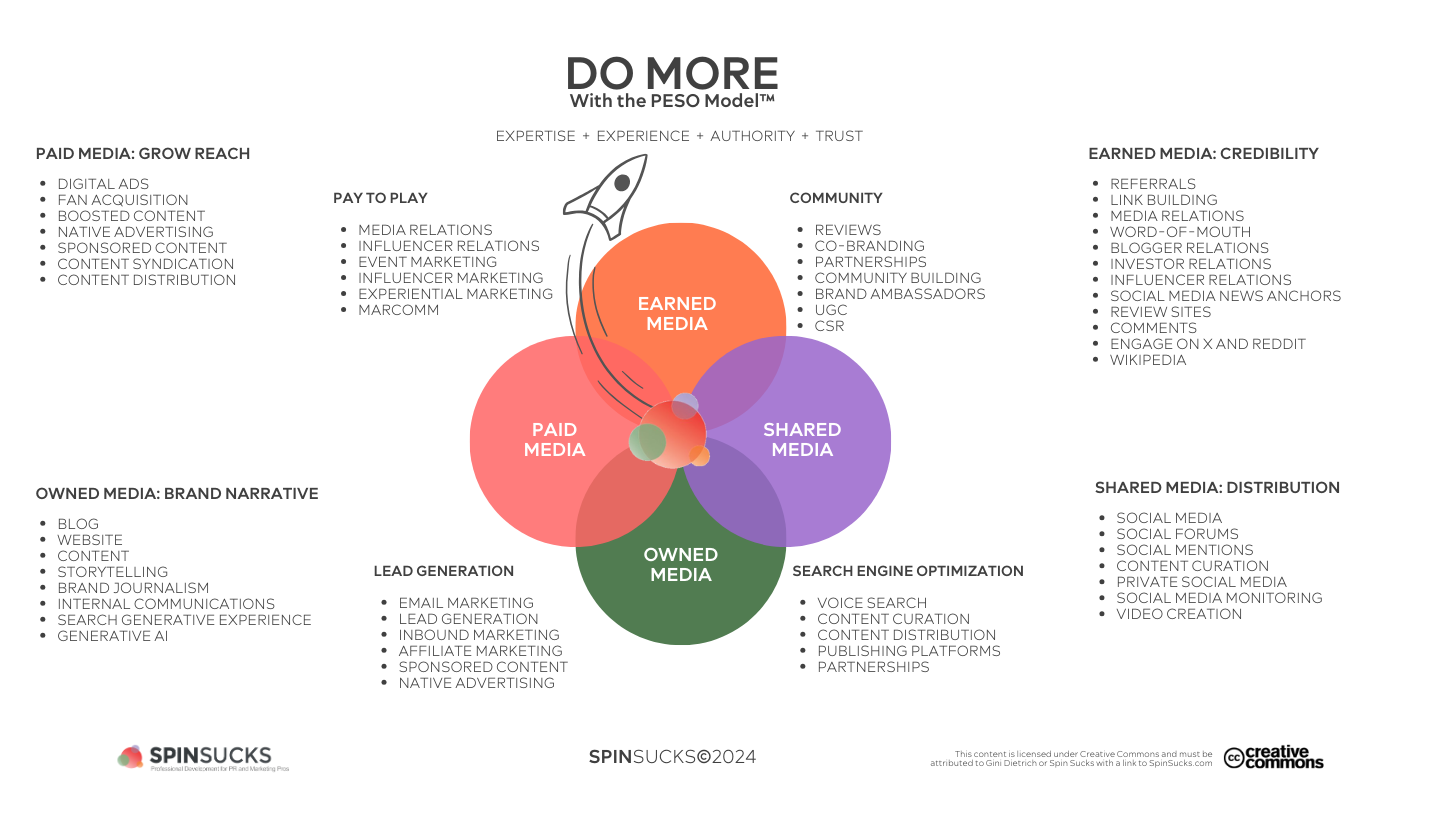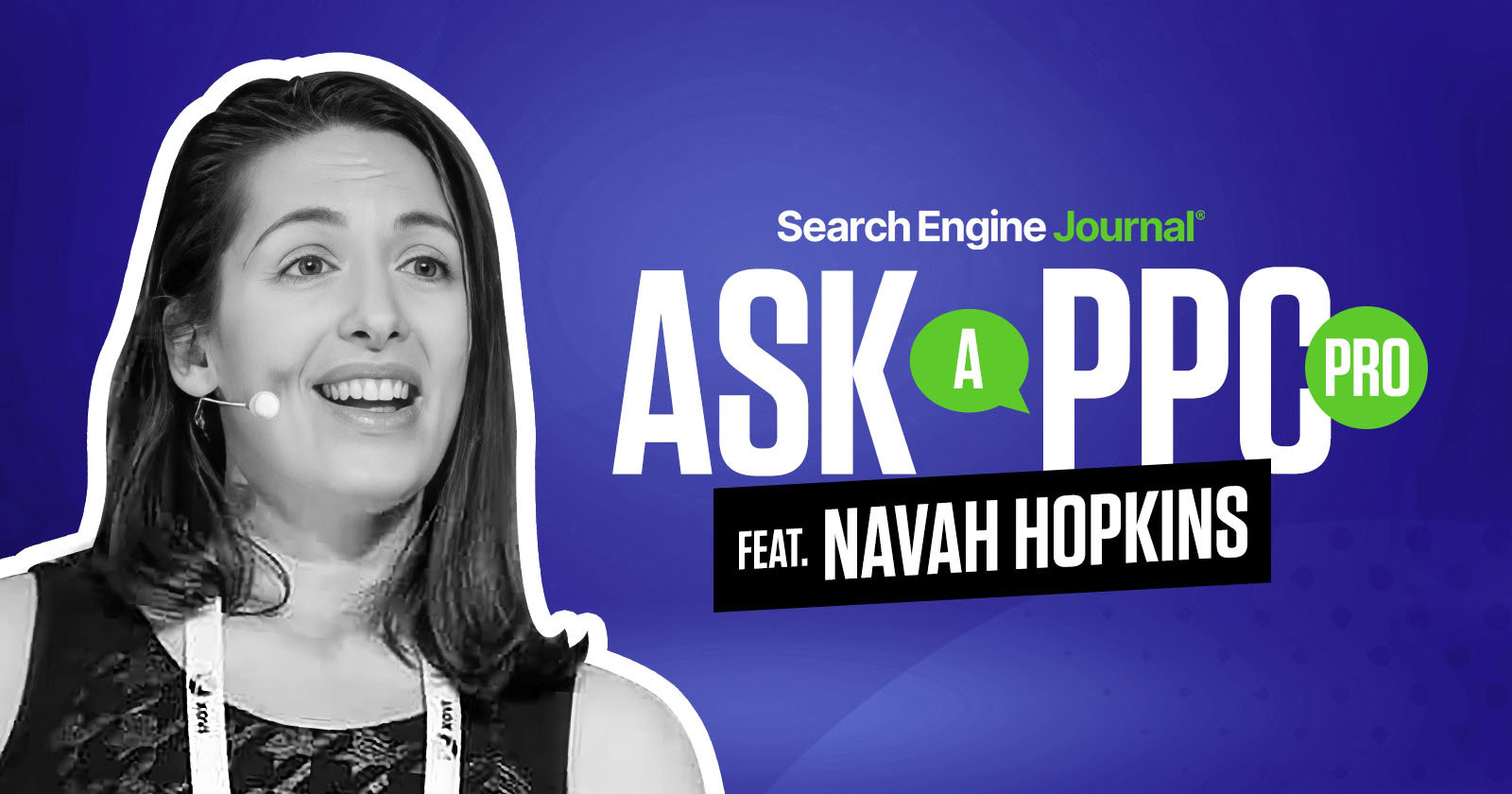Sensitivity Reading in Speculative Fiction: Why It Matters More Than You Think
No matter what story we read, we bring ourselves with it. That’s why sensitivity should be the forethought, not an afterthought, in our world-building.


Today’s post is by author, editor, book coach, and sensitivity reader Karen A. Parker.
As a sensitivity reader, writer, and book coach, I find sensitivity reading for speculative fiction to be a challenging and rewarding experience. Speculative fiction in general allows us to explore worlds that are completely different (or even just a little bit different) from our own. We are also given the opportunity to tackle things like racism, classism, sexism, bigotry, homophobia, etc. from a different lens or even from the same lens with which we view them and learn about them on Earth.
However, unless we achieve great technological or other advances in our species’ lifetime, we will always view and understand things from the perspective of bipedal humanoids from Earth no matter what imagined world is presented to us in books. No matter what story we read, we bring ourselves with it. That’s just how it works.
That is, unless we are told to or directed to think differently by the author or the story itself.
Sensitivity reading as world-building
I identify as Black, queer, nonbinary, and a whole host of other things because these are social constructs that were invented on Earth that define my sociopolitical and cultural identities. Sometimes, I wonder if I were abducted by aliens tomorrow and transported to another world, how would I be described by those aliens? Would they say that I’m Black because there is also a population of Black Americans that just so happened to rebel against their King George on their planet? Am I even a person of color in their world? Am I just an organism that happens to have skin while all the aliens happen to have scales?
When I was working on my thesis in graduate school, one of my professors questioned my use of the phrase quid pro quo in a character’s line of dialogue. Sure, I need to use English in my writing because I’m writing a novel for an English-speaking audience, but if I’m writing a novel that doesn’t take place on Earth, why would any of my characters know Latin? I know Latin because I’m from Earth and am a fairly well-educated person, but my characters probably wouldn’t know Latin unless they just so happened to travel to and from Earth or traveled to an Earth-like world that has folks who speak something akin to Latin.
For freelance copyeditors, this kind of work might feel familiar. It’s similar to fact-checking in that it requires a grounded frame of reference centered on what we know about Earth, its culture, its geography, its history, etc. However, with speculative fiction, the reference is self-making in the moment. Even when a speculative fiction novel explores a reality outside of our current one, it is the job of the writer and the sensitivity reader to work together, expanding and interrogating the world as much as they can and in every way possible. From the smallest phrases to the larger, world-building implications, sensitivity should be the forethought, not the afterthought.
Appropriation versus inspiration
While mythologies and cultural customs aren’t protected under copyright, implicit sensibilities exist around them that you should still consider. For example, the one-handed Vulcan salute as made famous by Leonard Nimoy as Spock from Star Trek is based on the priestly blessing performed by Jewish Kohanim with both hands instead of one. Nimoy—as the writer/creator of that gesture—got to be the god of the Star Trek universe for a little bit. He got to make that rule for the franchise, and Judaism does not appear to prohibit this gesture from being used outside of its usual context.
However, there are certain cultures with customs, practices, food, and clothing that are considered more “closed” or “restricted” and should be given their proper respect when depicted in literature. For instance, yes, you can theoretically write about an Indigenous person using white sage for a smudging ritual in your post-apocalyptic sci-fi reimagining of King Lear complete with unicorns, but what purpose does that scene in particular serve in the story as a whole? Does the Indigenous person show up for only that scene as the token mystic, shaman, or healer? Do they inappropriately and incorrectly perform the ritual because you, as the writer, don’t know enough about it and don’t want to be bothered to do the research?
Erasure, tokenism, appropriation—these happen more often in speculative fiction than we think, and it’s up to us to be mindful and present of those potential pitfalls even when it’s done under the premise of “making things up”.
Blind spots and how to find them
The other day, a beta reader commented that my use of the phrase “delicate feminine jaw” to describe the physical appearance of a somewhat-masculine-but-mostly-androgynous-looking male character was a moment of gender essentialism.
Yes. Even I—a Black, queer, nonbinary, neurodivergent sensitivity reader who has done sensitivity reads for major publishers—have blind spots and get things wrong on occasion while writing. There’s no shame in it, and there shouldn’t be.
But on the subject of gender, sexuality, and the like in speculative fiction, it’s particularly important to pay attention to language in addition to plot points. For example, even though the Mass Effect video game series depicts worlds, customs, and lifeforms that are definitively not from Earth, the game still views the world with a bipedal humanoid, Earth-centered lens. Apart from their blue skin, scalp-crests, and other notable physiological differences, the Asari in Mass Effect are a sentient species that strongly resembles humanoid females from Earth. However, they are supposedly a mono-gendered alien species, so why do they allow themselves to be constantly misgendered in casual conversation? Why are their three main life stages called “maiden,” “matron,” and “matriarch” when the gender-neutral “ward,” “patron,” and (maybe) “monarch” could have worked and got the point across?
Both sensitivity reading and speculative fiction reading should ask of its writers and readers to abandon that Earth-first approach in a true exercise of empathy and imagination. Otherwise, readers might not find it as fresh and powerful as the creators may have intended.
Writer first, reader first
Throughout this article, I ask a lot of questions rather than give a lot of definitive answers. Overt, harmful depictions are just as harmful as subtle, underwritten depictions of certain concepts and cultures. Anything that you’d find offensive in your day-to-day life is likely offensive in speculative fiction as well.
But I cannot exactly tell the writer what is right or wrong for their speculative fiction novel because it’s theirs. They are the god of their worlds and their stories, and all that I can do is flag things that might be offensive to other certain bipedal humanoid readers who live on Earth like myself. Then I let the writer make an informed decision and hope for the best.
Because even if the writers are the gods of their story, their bipedal humanoid readers have the final say once it’s printed and out of their hands.




















































![The 11 Best Landing Page Builder Software Tools [2025]](https://www.growthmarketingpro.com/wp-content/uploads/2024/04/best-landing-page-software-hero-image-1024x618.png?#)



































































![Social media image sizes for all networks [May 2025]](https://blog.hootsuite.com/wp-content/uploads/2023/01/Social-Media-Image-Sizes-2023.png)





















